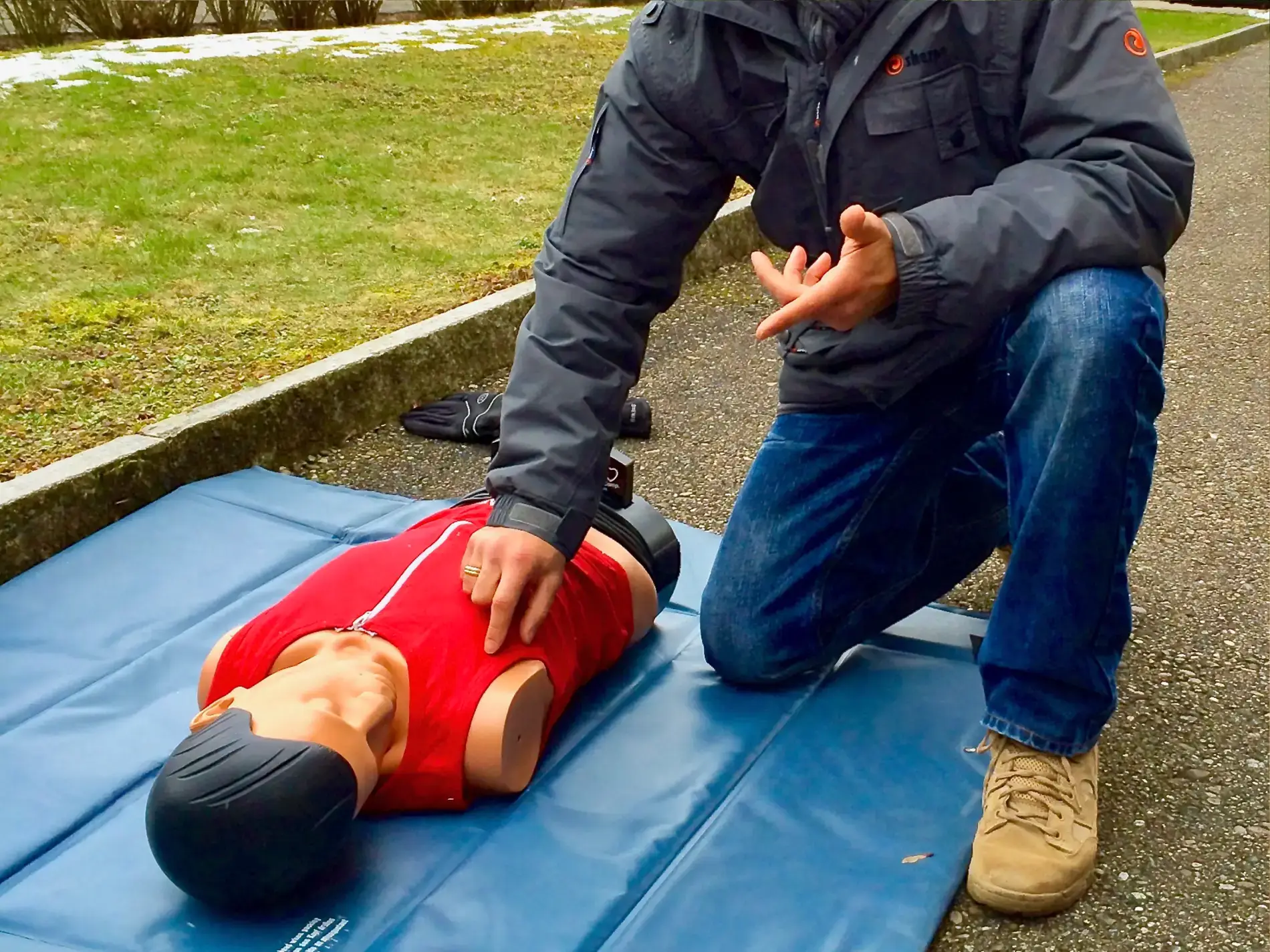Duty of care for foreign assignments is a crucial aspect of ensuring the well-being and safety of employees working in different countries. According to best practices this may include:
- Risk Assessment:
- Conduct a thorough risk assessment of the destination country to identify potential threats and hazards. This should include political, security, health, and environmental risks.
- Pre-Assignment Briefings:
- Provide comprehensive pre-assignment briefings to employees about the destination country, including cultural, legal, and safety aspects. Ensure they understand the risks involved.
- Training and Cultural Sensitivity:
- Offer cultural sensitivity training to help employees understand local customs, traditions, and potential cultural challenges.
- Travel and Health Insurance:
- Provide employees with adequate travel and health insurance that covers medical emergencies, evacuation, and repatriation. Make sure they are aware of how to use this coverage.
- Travel Documentation:
- Ensure employees have the required travel documents, such as visas and work permits, and understand the local laws and regulations.
- Secure Accommodations:
- Arrange safe and secure accommodations for employees, taking into account factors like location, security, and health standards.
- Personal Safety Equipment:
- Provide employees with any necessary personal safety equipment or information, including protective gear for specific environments.
- Local Contact Information:
- Provide employees with local contact information, including embassy or consulate details, emergency numbers, and local support resources.
- Communication:
- Establish clear communication channels and protocols so employees can stay in touch with the organization and report any incidents or issues.
- Emergency Response Plan:
- Develop a comprehensive emergency response plan that outlines what to do in the event of various types of emergencies, such as natural disasters, political unrest, or health crises.
- Crisis Management Team:
- Have a crisis management team in place to respond to and manage crises or emergencies that may arise during foreign assignments.
- Regular Updates and Exchange of Information:
- Keep employees informed about any changes in the security or health situation in their host country. This includes travel advisories and warnings. Furthermore, maintain exchange of information with employees during to monitor their well-being and address any issues promptly.
- Local Support Network:
- Establish a local support network or use local service providers who can assist employees with their needs, from medical care to legal advice.
- Debriefing:
- Conduct a debriefing session with employees upon their return to discuss their experiences and gather feedback for future improvements.
It’s essential to tailor duty of care measures to the specific needs and risks of each foreign assignment. The safety and well-being of employees should be a top priority, and continuous assessment and adaptation of these measures are key to achieving that goal.








